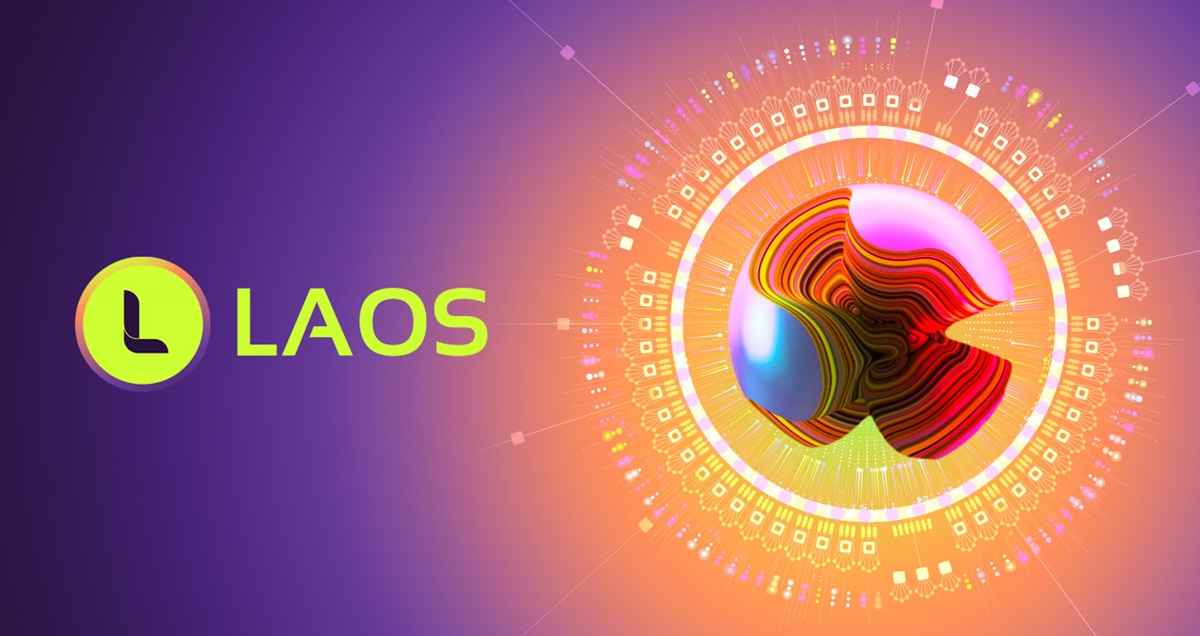Freeverse and the LAOS Foundation are unveiling LAOS, a new universal Layer-1 blockchain dedicated to interoperable digital assets.
In a groundbreaking collaboration, Barcelona, Spain-based Freeverse, a Web3 technology startup, and the foundation have introduced LAOS to revolutionize digital asset ownership and tokenization across various blockchains.

Unlock premium content and VIP community perks with GB M A X!
Join now to enjoy our free and premium membership perks.
![]()

![]()